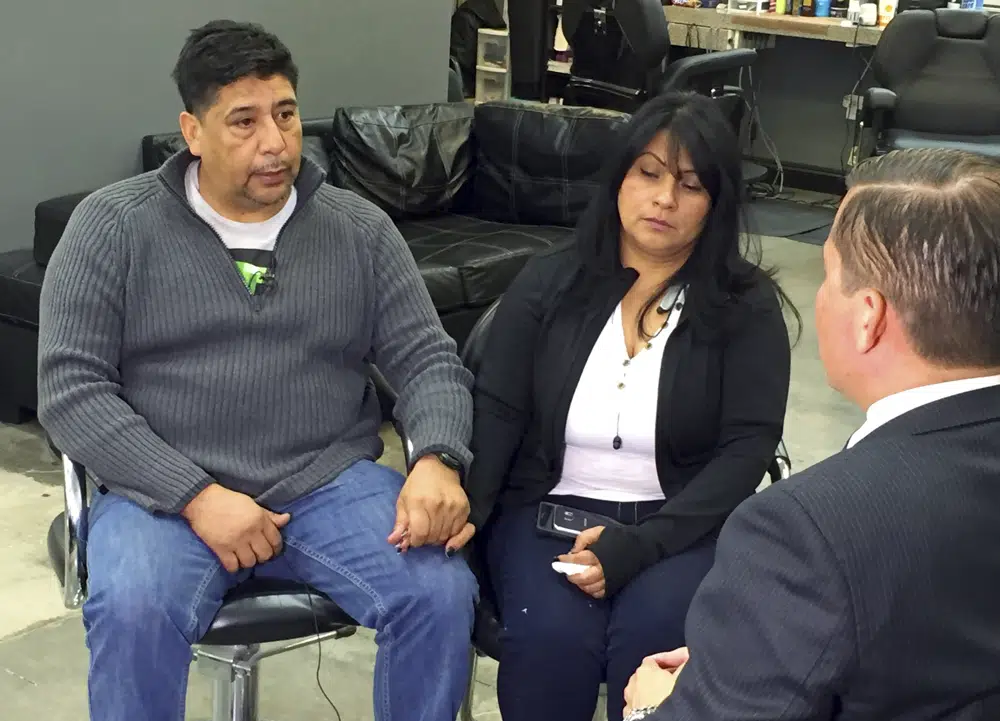The tech industry is facing a new wave of criticism around the Gonzalez family’s lawsuit against YouTube following the killing of their daughter by an Islamic State gunman in 2015. The law has caused controversy across the political spectrum outside of the lawsuit as the Supreme court begins to look at online legal protections deeper.
Why it matters: The Gonzalez family claims in their lawsuit that YouTube’s recommendations aided the Islamic State group’s recruitment efforts – a claim at the center of a Supreme Court case that was argued on Tuesday around a law from Section 230 of the Communications Decency Act. The law was broadly written in 1996 and states that “no provider or user of an interactive computer service shall be treated as the publisher or speaker of any information provided by another information content provider.” While the law is credited for helping to create today’s Internet, it also shields tech companies from liability for what their users say on their platforms.
- YouTube’s new SVP and head of the platform, Neil Mohan, says that “Section 230 underpins a lot of aspects of the open internet.”
- The Gonzalez family argues that tech companies need incentives to act more responsibly.






